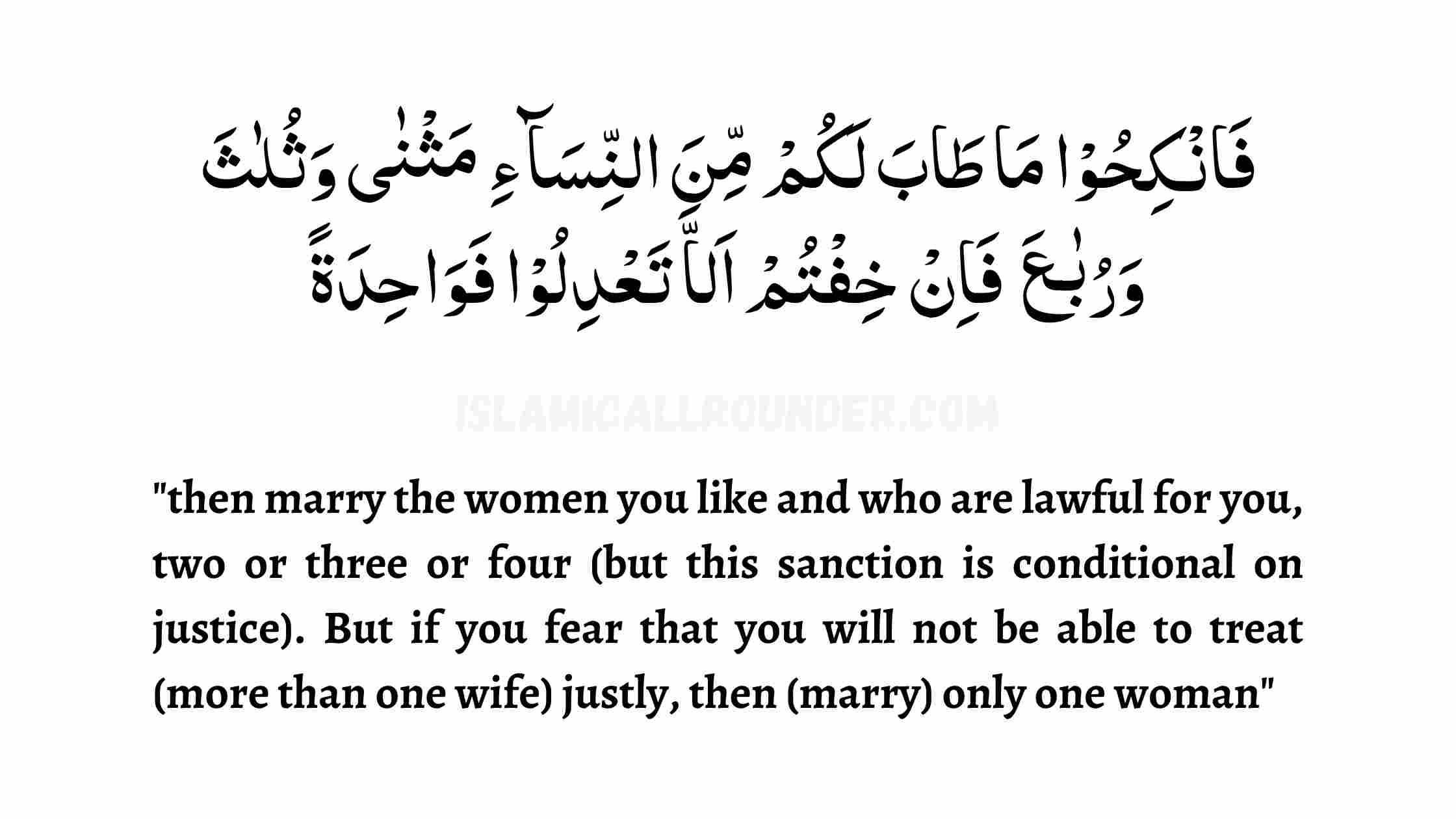Love marriage in Islam is a topic that garners significant attention and interest among Muslims and non-Muslims alike. With changing societal norms and evolving cultural practices, understanding the Islamic perspective on love marriages is crucial for many
In Islam, it is permissible to have a love marriage because, in Shari’ah, both men and women are given the right to like and dislike a relationship.
It is possible for a couple to find comfort in each other and to have love and compassion between them only when the husband and wife like each other.
Introduction
Parents should pay special attention to the likes and dislikes of their children when arranging a relationship because, in our society, most parents take care of likes and dislikes hundreds of times while buying cows, buffaloes, goats, houses, cars, clothes, and other items.
But when marrying children, they impose their own will on those who have to spend their whole lives together. Therefore, it is better to choose marriage so the husband and wife can live better.
Sometimes, a boy or a girl can get married without their parent’s knowledge, although it would be possible for them to get married in a dignified manner if they consulted and convinced their parents.
But marrying without informing them in this way not only violates Islamic traditions and respect for parents but will also lead to many problems in the future. But if the parents ignore the likes and dislikes of the adult children, they have the right to give preference to their own choice.
Love Marriage in Islam
It is permissible to see a woman with whom one intends to marry before marriage. The Holy Prophet (saw) said: When a woman gives you a marriage message, look at it if you can.
When Hazrat Mugheerah bin Shu’bah (RA) intended to marry a woman, the Holy Prophet (SAW) said: Go and see it because Allah may create love in your hearts with it.
Understanding Love Marriage in Islam
What is Love Marriage?
A love marriage, often referred to as a marriage based on mutual attraction and affection, involves a couple deciding to marry based on love rather than an arranged setup. In the context of Islam, love marriages can be seen through the lens of religious teachings and cultural practices.
Islamic Perspective on Love Marriages
Islam places a strong emphasis on marriage, viewing it as a sacred and significant institution. The religion encourages marriage to promote a healthy, balanced, and fulfilling life. While traditional arranged marriages are prevalent in many Muslim cultures, love marriages are not inherently forbidden in Islam.
Conditions for a Valid Islamic Marriage
For a marriage to be considered valid in Islam, several conditions must be met:
- Mutual Consent: Both parties must willingly consent to the marriage without coercion.
- Mahr (Dowry): The groom must provide a dowry to the bride as a gesture of respect and commitment.
- Witnesses: At least two adult Muslims must witness the marriage contract.
- Guardian’s Consent: For women, especially younger ones, the consent of a guardian (wali) is often required.
The Role of Love in Islamic Marriages
Love Before Marriage
In Islam, love is encouraged to flourish within the bounds of marriage. However, pre-marital relationships are generally discouraged to maintain modesty and moral integrity. This does not mean that love cannot develop before marriage; rather, it should be approached with the intention of marriage and conducted within Islamic guidelines.
Love After Marriage
Islamic teachings strongly advocate for love, compassion, and mercy between spouses. The Prophet Muhammad (PBUH) emphasized the importance of treating one’s spouse with kindness and affection, highlighting that love within marriage is a source of tranquility and comfort.
Balancing Tradition and Modernity
Arranged Marriages vs. Love Marriages
- Arranged Marriages: Traditionally, Muslim families play a significant role in selecting a spouse for their children, considering factors like family background, religious commitment, and compatibility.
- Love Marriages: In contemporary times, many Muslims are opting for love marriages, where the individuals themselves choose their partners, often with family involvement, to ensure Islamic guidelines are followed.
Court Marriage
It is permissible to have a court marriage. During court marriage, marriage is consensual in the presence of witnesses, but this practice is against our social values and manners. Therefore, the best way is to involve the parents in the marriage.
Parents can also help settle matters if the situation worsens later, especially for girls. It is important not to get married without involving their parents as the girls are badly affected by the breakdown in their affairs.
Love Marriage In The World
Adult girls and boys have the right to marry of their choice. We have double standards in this regard. In some areas, parental self-indulgence comes to the fore and is also called honor. This selfishness and pride strangle the legitimate rights of children; most of the victims of this ‘honor’ are the daughters because the son is still given the choice of his likes and dislikes.
On the other hand, in response to this illegitimate ban and stubbornness, some children rebel. They go to court and establish a marital relationship. Then, sometimes, the girl’s family seeks satisfaction in killing her.
In the case of marriage, parents do not have the right to put pressure on their daughter or son against their will. If they put pressure on them and they refuse, it will not be disobedience to them, but if the parents force their daughter or son to marry against their consent, then it will be against the Shariah.
Love Marriage In Quran and Hadith
The Shari’ah, which has given the option of marriage of choice, has also given the option of rejecting unwelcome marriages. Therefore, Allah and His Messenger have given authority to that girl or child to annul this marriage.

The right to marry ‘according to choice’ is given to the boy and the girl, not to the parents and other relatives. In the same way, if a boy or a girl gets married against their will, the right to annul it is also prescribed by the Shari’ah.
A girl came to the service of the Holy Prophet and said: O Messenger of Allah! My father has married me to his nephew to get rid of his poverty through me (get his nephew’s financial support).
The Prophet (peace and blessings of Allaah be upon him) left the matter to him (whether to maintain the marriage or to separate from it if he wished). She said: I support my father’s marriage, but I did it so that the women would know that in case of marriage of children, the parents do not have a right (in case of coercion against the will of the children).
Love Marriage in Our Society
One of the major causes of forced marriages is cousins’ marriages with close relatives. Sometimes, parents want their son/daughter to marry their niece/nephew/niece/nephew/niece so that the wealth of the house stays in the house. His visa should also be required if he is staying abroad.
This kindness, sympathy, and kinship are good ideas in their own right, but even in this case, some parents put pressure on their children, which is why such marriages often fail in Western countries. Then, the social effects can be very negative, especially if the separation occurs after the child’s birth.
Islam is a religion in which there is no concept of forced marriage because marriage is a woman’s right; parents have no right to move it.
So parents should also understand this command of Shariah well. If they give such an order to their children, which they have no right under Shariah, but on the contrary, that right is provided to them by Shariah, then its non-fulfillment will not be considered disobedience of parents.
Conclusion
In the same way, one of the parents or both of them should give an order to his married son that violates the Shariah rights of his wife, or it is cruel and unjust to him.
According to Shariah, if they do not carry out such an order, then it will not be considered as their disobedience. Children should not be rude to their parents in this case.
Please do not do so and keep on following the Shari’ah rule of justice and good behavior with your wife, and do not abuse her at all. If this balance is not possible when living together, the husband should provide separate accommodation to the wife; this is her right.
Addressing Common Questions and Misconceptions
Is Love Marriage Allowed in Islam?
Yes, love marriages are allowed in Islam as long as they adhere to the fundamental principles of Islamic marriage, such as mutual consent, the presence of witnesses, and the giving of mahr.
What is the Role of Parents in Love Marriages?
Parents play an important role in the lives of Muslim children, and their involvement in marriage decisions is significant. Parents’ approval and blessings are highly valued in love marriages, although the final decision lies with the individuals getting married.
How Does Islam View Pre-Marital Relationships?
Islam encourages modesty and chastity, advising against pre-marital relationships. However, getting to know a potential spouse within Islamic guidelines, such as through supervised meetings, is acceptable and encouraged for making informed decisions.
Frequently Asked Questions
What are the key conditions for a valid love marriage in Islam?
The key conditions include mutual consent, the giving of mahr, the presence of witnesses, and, often, the consent of a guardian for the bride.
Can parents disapprove of a love marriage in Islam?
While parental approval is highly valued, the final decision rests with the individuals getting married. Parents’ disapproval should be considered and discussed, but it does not invalidate a marriage if all Islamic conditions are met.
How can one approach the topic of love marriage with parents?
Approaching the topic with respect, honesty, and willingness to involve parents in decision-making can help bridge gaps between traditional expectations and personal desires.
What is the Islamic view on dating?
Islam discourages dating in the conventional sense but allows for supervised and modest interactions to help individuals make informed decisions about marriage.
How does Islam ensure the rights and happiness of both spouses in a love marriage?
Islam emphasizes mutual respect, love, and kindness between spouses, ensuring both parties have rights and responsibilities that contribute to a harmonious and fulfilling marriage.
See From Us:
